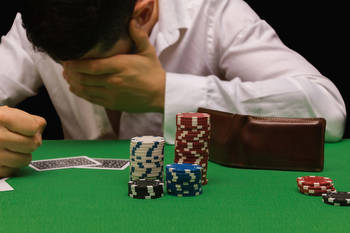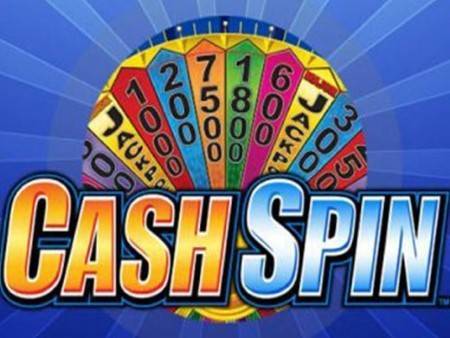The Government's Gambling White Paper and the 'problem of problem-gambling'

Why has NIESR been carrying out research on gambling?
Gambling has entered the frame as the next potentially harmful commodity in need of further regulation. It is increasingly becoming a social issue with nearly half a million people estimated to be experiencing ‘problem gambling’. Problem gambling is defined as ‘as gambling to a degree which compromises, disrupts, or damages family, personal or recreational pursuits’, which we know is associated with negative financial, social and health outcomes.
With the industry itself now committed to reducing gambling–related harm, however there remain arguments that the gambling industry is simply too important an economic player to face further regulations.
This is why we at NIESR have been carefully reviewing the contribution gambling makes to the public purse, as well as how much it costs the Exchequer. The purpose of this work is to address head-on those concerns that any legislation should be avoided for the sake of economic reasons, and provide the evidence needed to make an informed choice about how to approach the question of costs from gambling-related harmand any further need for regulation versus the economic benefits of gambling.
What have you found?
We find that although the total tax receipt from gambling is around £3.5 billion a year, the cost to government is larger than previously thought, at £1.4 billion a year. In fact, our research shows that this is likely a minimum and an under-estimate. That is because we assume that only 0.7 per cent of the population aged 16 and over living in private accommodation experience ‘problem gambling’ whereas the real number is probably higher (including younger people as a result of access to online gambling via mobile phones). There are also gambling-related harms that we could not measure due to a lack of publicly available data, such as the cost of suicide and the cost of harm to ‘affected others’ (family and friends).
Even though our estimate of costs of at least £1.4 billion per year should no doubt help Treasury when weighing up the impact of potential regulatory options, we must not be drawn into an over-fixation on these costing exercises. Harm from problem gambling is an issue that can devastate living standards, can tear families apart and ultimately costs lives and livelihoods. That should be the focus going forward.
Now that we know there is likely as much tax revenue to gain as there is to lose, government legislation should be bold and tackle the potential drivers of gambling-related harm it thinks need addressing without fear of a negative impact on the public finances.
Put simply, the White Paper needed to move us on from simply talking around the issue and into a stage of acceptance that regulation of harmful gambling is a must in an age with casinos in our pockets.
Is the White Paper going to help?
Its ambition is to be commended as it includes more funding for research on gambling, affordability checks and stake limits for online slots.
But the White Paper’s insistence on more consultation overshadows the positive steps taken to minimise the harms from problem gambling. The risk of more talk, especially given it has taken three years to get this white paper out, is yet more debates that distract us from the issue at heart and impose more costly delays to action. It means more debates over the technicalities of gambling harm rather than the issue itself. It means more discussions about whether the population of those experiencing problem gambling is just 0.2% as often stated by the industry or closer to 0.7% as we found – or indeed higher- or whether gambling legislation would provide a net loss or gain to the economy.
More consultations mean more combing through research debating over the smallest of imperfections. In doing so government believes public debate is improved, but the danger is that it distracts from the duty at hand, which is to minimise the harms associated with problem gambling.































